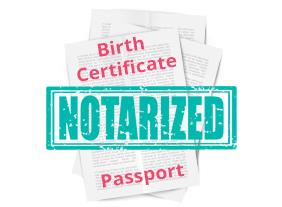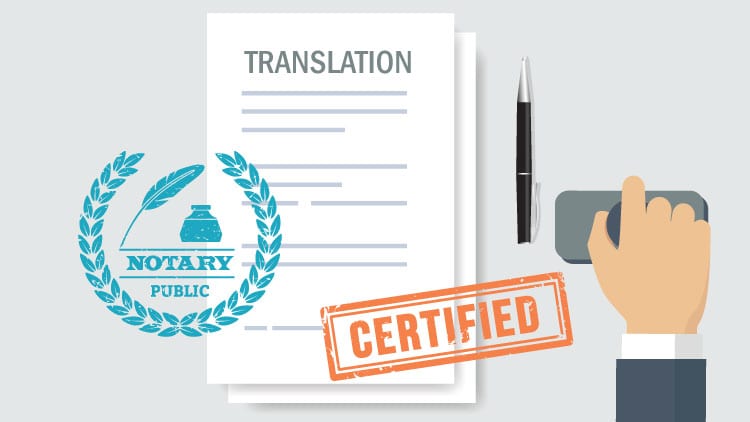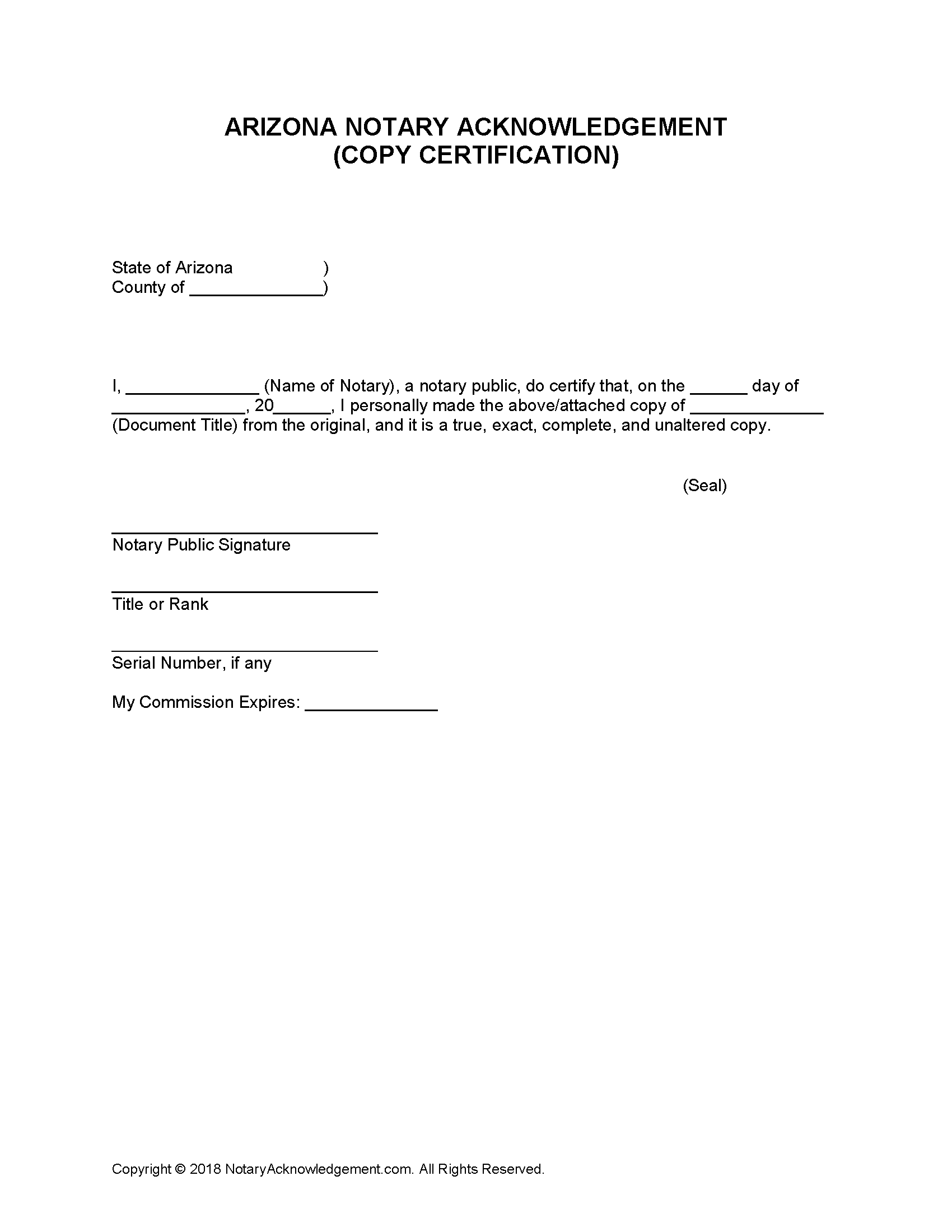

The process of notarizing a translation must start with the translator taking his translation to the Notary himself. Both require deep cultural and linguistic understanding, expert knowledge of subject matter, and the ability to communicate clearly.Ī Notarized Translation is a document signed by a translator in front of a notary, which also includes a government authorized legal stamp that signs the translation. We find important differences between a Translator and an Interpreter.
#Certified and notarized translation professional
This Certification Letter is a requirement for most legal matters and it contains the details of the translator or translation company, their professional credentials, and a statement of certification.Ĭertified Translations are a step up from Offical Translations.Ĭertified Document Translation meets the requirements of an Official Translation, but also has a Certification Letter attached, guaranteeing its accuracy and completion.Īny registered translator can expedite official translations but Certified Translators are guaranteed to have a professional degree from an accredited university with major in translation in applied linguistics and has passed professional certification tests. Official Translations are documents signed by registered professional translators or translation companies, but beware: Official Translations do not have a certification letter.

Many people get confused between these two types of translation, but they are very different and required for different purposes: Notarized and Certified Translation Services Near Me?ĭifferences between Certified Translation and Notarized Translation.What qualities to seek for when availing a Translation Service?.How do I get a Notarized Translation or a Certified Translation?.Example #3: Courts Orders, Judgment or Property.4 Real-Life Examples where Notarized Translation is Required.Example #6: Business Licenses and Plans.

#Certified and notarized translation how to
And we will show you how to hire Certified Translation services and Notarized Translation services can be the best alternative.

In this post we will show you the differences between both types of translation: examples, tips, real-case scenarios. And we will show you how to hire Certified Translation services and Notarized Translation services can be the best Sometimes when you are requested to provide a document that was not originally written in English, you are oftentimes asked to prove that you used a professional qualified translation service like TranslateDay to translate the document. This type of proof can be obtained either through a Certified Translation or a Notarized Translation.īut people still get confused when they are asked to produce either a Certified Translation or a Notarized Translation.


 0 kommentar(er)
0 kommentar(er)
